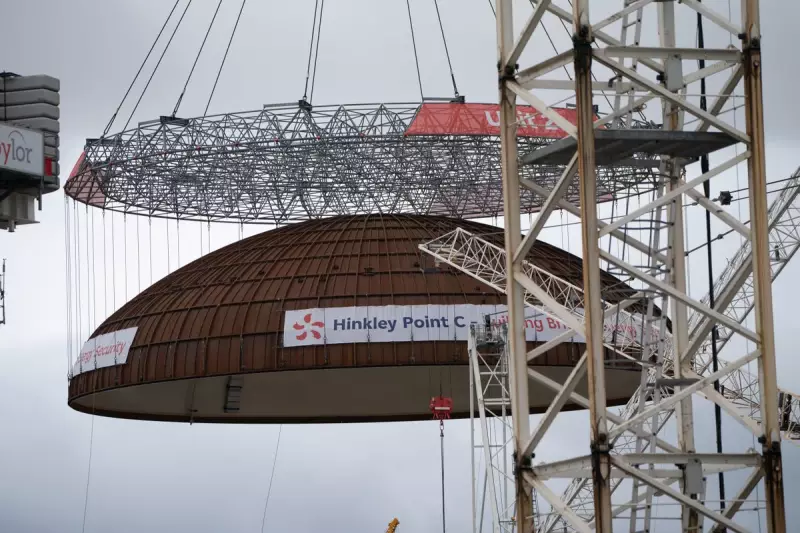
The cost of Britain’s most ambitious nuclear project, Hinkley Point C, has surged by another £10bn, reaching a staggering £46bn, with completion now delayed until at least 2031. The latest setback casts fresh doubt over the UK’s nuclear strategy and raises questions about the viability of future projects like Sizewell C.
Why the Delay and Cost Hike?
EDF, the French state-backed energy giant behind the Somerset plant, attributes the delays to complex construction challenges, including labour shortages and supply chain disruptions. The reactor design, still unproven at this scale, has also contributed to mounting costs.
What Does This Mean for the UK?
The spiralling budget places additional strain on British households, as the project is partly funded through energy bills. Critics argue that the delays undermine the UK’s energy security goals, leaving the country reliant on imported power for longer.
Sizewell C: A Repeating Story?
With Sizewell C—Hinkley’s sister project—still in development, concerns are growing over whether it will face similar setbacks. The government insists nuclear remains key to achieving net-zero targets, but opposition voices call for greater investment in renewables instead.
Key Takeaways:
- Hinkley Point C now costs £46bn, up from an initial £18bn estimate.
- Completion delayed to 2031, a four-year pushback from the last update.
- Taxpayers and billpayers may shoulder additional financial burdens.
- Doubts grow over the UK’s nuclear strategy amid rising costs.




